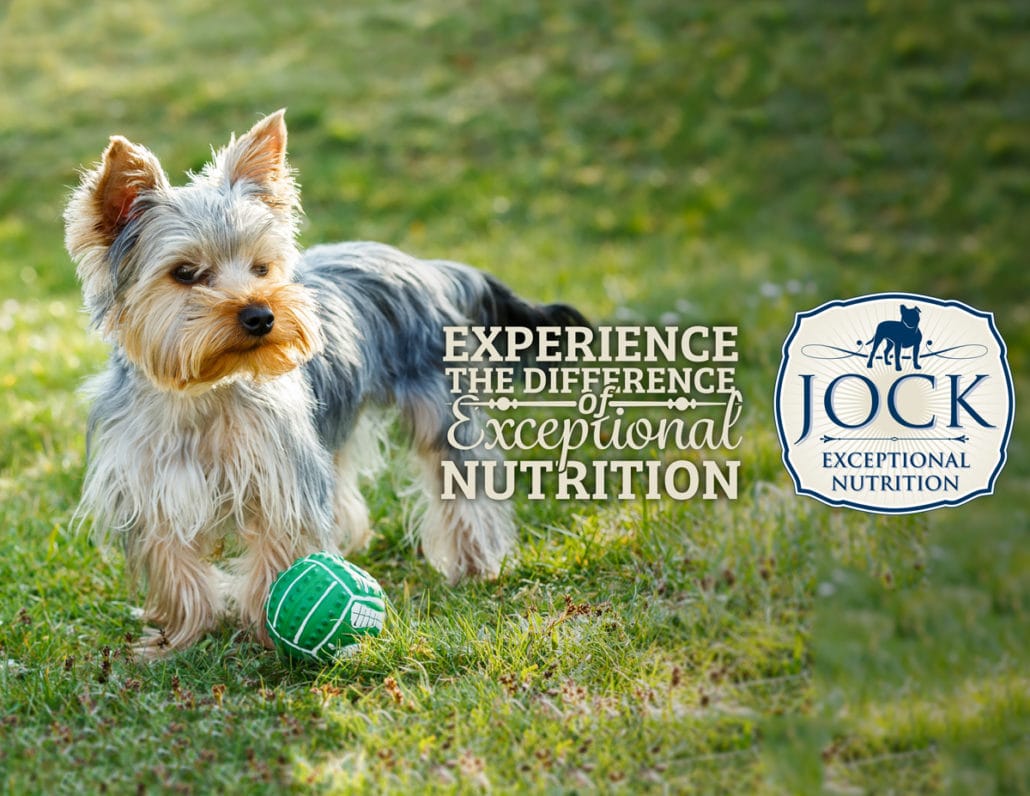Who would have thought that the Yorkshire Terrier, a favourite amongst celebs like Britney Spears, Paris Hilton, Gisele Bündchen and even Donald Trump, was once slumming it as a rat catcher? Yes, this pocket-sized breed, known for its silky smooth fur and cute, pint-sized features, made its rather unglamorous début in Yorkshire, England in the 19th century hunting rats and other rodents in clothing mills and mine shafts. Its exceptional bravery and courage also made it a favourite amongst hunters, who would often carry the little dog in their pockets on hunting trips and unleash it on small animals hiding in dens and burrows.
Looking at the Yorkie today, it’s hard to believe its blue-collar past. Often pictured with a cute bow in its hair, strutting at dog shows or hitching rides in expensive purses, it seems more suited to the high life than the mine tunnels and forest burrows of its ancestors.
Appearance
Probably the most defining feature of the Yorkie is its super-small size. It is considered a toy breed by most kennel clubs around the world and only averages about 15-17cm when fully grown. They don’t fare much better in terms of weight and only come in at about 3kg.
Yorkies are also loved for their shiny coat, which has a very similar texture to that of human hair and can be grown to glamorous lengths. Recognised coat colours can range from dark grey to black from the base of the neck to the tail, with brown or tan everywhere else.
Traditionally, the Yorkie’s tail was docked. But this practice is now illegal in a lot of countries around the world, including South Africa.
Personality
Yorkshire Terriers are sometimes called the “the tomboy toy”, because they love adventure and seem to be oblivious of their small size. They are also incredibly brave and energetic, and are quite keen to tackle a range of activities. In addition, Yorkies are very loyal companions and extremely fond of affection.
Its small size does mean that sometimes people allow this breed to get away with certain unwanted behaviours. This can result in the Yorkie developing small dog syndrome and becoming quite yappy and disruptive. It can also lead to jealousy and aggression towards other dogs and small animals.
To prevent these behaviours, owners need to be quite stern and take on the role of pack leader. Yorkies are very intelligent, making them easy to train and socialise. This will go a long way in ensuring it becomes the sweet, loving and kind dog it can be.
At Home
As mentioned, Yorkshire Terriers are full of energy and will need regular physical exercise to become well-adjusted pets. A daily walk should suffice, but playing can also be a great way for them to exercise.
These dogs will do well in homes with a yard, but will also be okay in apartments should they be sufficiently exercised. Owners who notice their Yorkie being overly active indoors, should take it as a sign that they need longer or more regular walks.
Much like Poodles, the Yorkshire Terrier needs lots of grooming. Dogs with a short, clipped coat will need weekly brushing, while those with a long coat will need daily grooming to prevent knots. Luckily, they don’t shed very much and are also considered hypoallergenic.
It should also be noted that Yorkies are very sensitive to the cold and more suited to warmer conditions.
Health
Like most smaller dogs, the Yorkie has quite a long life expectancy; about 12-15 years.
However, these dogs are prone to early tooth decay. A diet of dry food and chewing bones can help keep teeth clean and strong, but they will also need to be professionally cleaned by a vet regularly to help prevent dental diseases.
Yorkshire Terriers also have a very sensitive digestive system and don’t tolerate anaesthesia too well. Their size also makes it more likely for them to be injured by falls, other dogs and accidentally by their owner.

